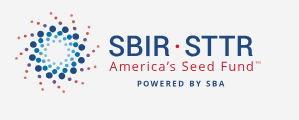Following close on the heels of the U.S. Department of Energy’s latest round of algae funding awards, President Trump Friday signed into law a Fiscal Year 2019 spending bill providing an additional $44 million in FY2019 for algae and carbon utilization research — the highest funding level for algae research since the 2009 Recovery Act. The funding includes $32 million for the Advanced Algal Systems program under DOE’s Bioenergy Technologies Office (BETO) and $12 million for the Carbon Use and Reuse program under DOE’s Office of Fossil Energy. Both are increases of $2 million over FY2018 levels.
The continued growth in federal algae funding is a testimony to the effectiveness of ABO’s ongoing work to educate policy makers on the promise of algae as a platform for carbon mitigation and sustainable production of everything from food and feed to biofuels and biomaterials; to the growing influence of the Congressional Algae Caucus, under the leadership of Representatives Scott Peters of California, Darin LaHood of Illinois, Derek Kilmer of Washington, and Andy Biggs of Arizona; and to our Senate champions, including Sen. Tom Udall of New Mexico and Sheldon Whitehouse of Rhode Island. Thank you to all of our Champions of Algae!

 The USDA’s Small Business Innovation Research (SBIR) program, a competitive program that encourages domestic small businesses to engage in Federal Research/Research and Development (R/R&D), has opened a new opportunity that could support algae production systems.
The USDA’s Small Business Innovation Research (SBIR) program, a competitive program that encourages domestic small businesses to engage in Federal Research/Research and Development (R/R&D), has opened a new opportunity that could support algae production systems. 